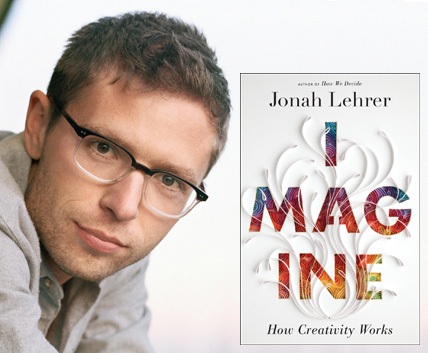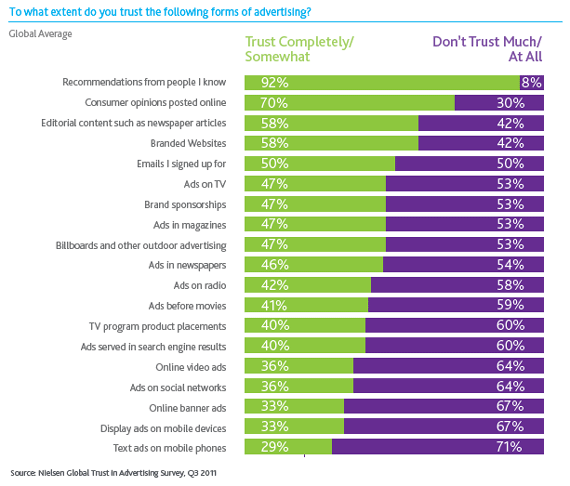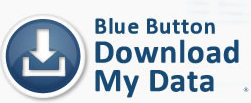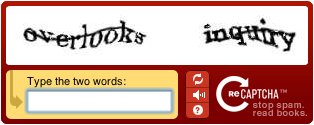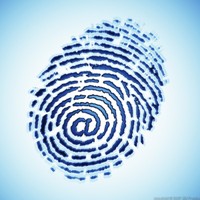The title of this post is a quote from one of the most inspiring videos I have seen for a long time. Margaret Heffernan explains how having information available out in the open is not enough for people to notice and take action.
She explains how a scientist investigated the growing number of childhood cancers and had discovered the noxious effects of X-rays of pregnant women on children in the 1950’s – how all this information was published, out in the open – and how the medical establishment took decades to notice and do something about it.
Look at this 12 mins video, it’s worth it!
Here’s the link if you can’t see the video.
I love one of the final quotes of Margaret’s speech: “Open information is fantastic, open networks are essential. But the truth won’t set us free until we develop the skills and the habit and the talent and the moral courage to use it. Openness isn’t the end. It’s the beginning.”
The availability of information thanks to the Fourth Revolution is only the beginning. Leadership is needed to make something out of it, to manage the conflict that open information does provoke.
Hat tip to Tim Berry who talked eloquently about the video on his blog.

